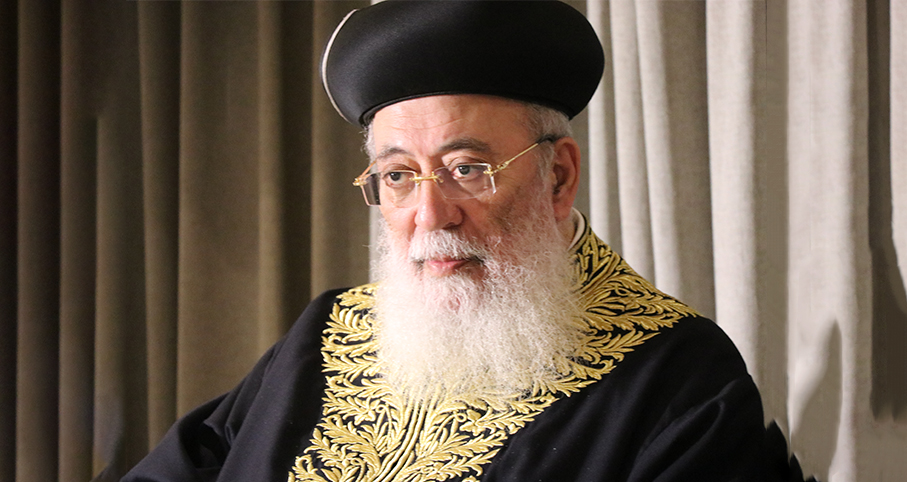3740
Rashi and Midrash teach us the source of Pharaoh’s suicidal stubbornness. It lay in his belief in himself as a god - of being arrogant and convinced of his own infallibility. People who are never wrong never have to change their policies, beliefs or behavior. I am reminded of a sign that I once saw on the desk of a prominent public figure that said: "Don’t confuse me with the facts; my mind is already made up!" He was joking about it (I think) but that danger lurks in all of us. Once we are convinced of the absolute rectitude of our position, we not only are tenacious in maintaining it, we become downright blindly stubborn regarding it. Moshe meets Pharaoh at the river’s edge where he went to perform his bodily functions. Pharaoh is exposed there as not being really a god but only a mortal man. Moshe means thereby to teach Pharaoh that his justification for his stubbornness - his sham sense of infallibility - is itself false. A little humility on the part of Pharaoh would have saved himself and Egypt a great deal of grief. That is why the Torah stresses that the desired quality for true leadership is humility. Moshe becomes the paradigm for humility just as Pharaoh - his arch-nemesis - is the paradigm for arrogant stubbornness. This lesson of wise tenacity versus foolish stubbornness exists in all areas of human life and society - family, community, national policy and personal development. May we be tenacious enough in life to avoid foolish moments of harmful stubbornness.

Rachel Imeinu: The Mother Who Never Stops
Rabbi Shimon Cohen | Kislev 15 5782

Halachic Table Manners
By Rabbi Avraham Rosenthal
Various Rabbis | Ceshvan 23 5777








